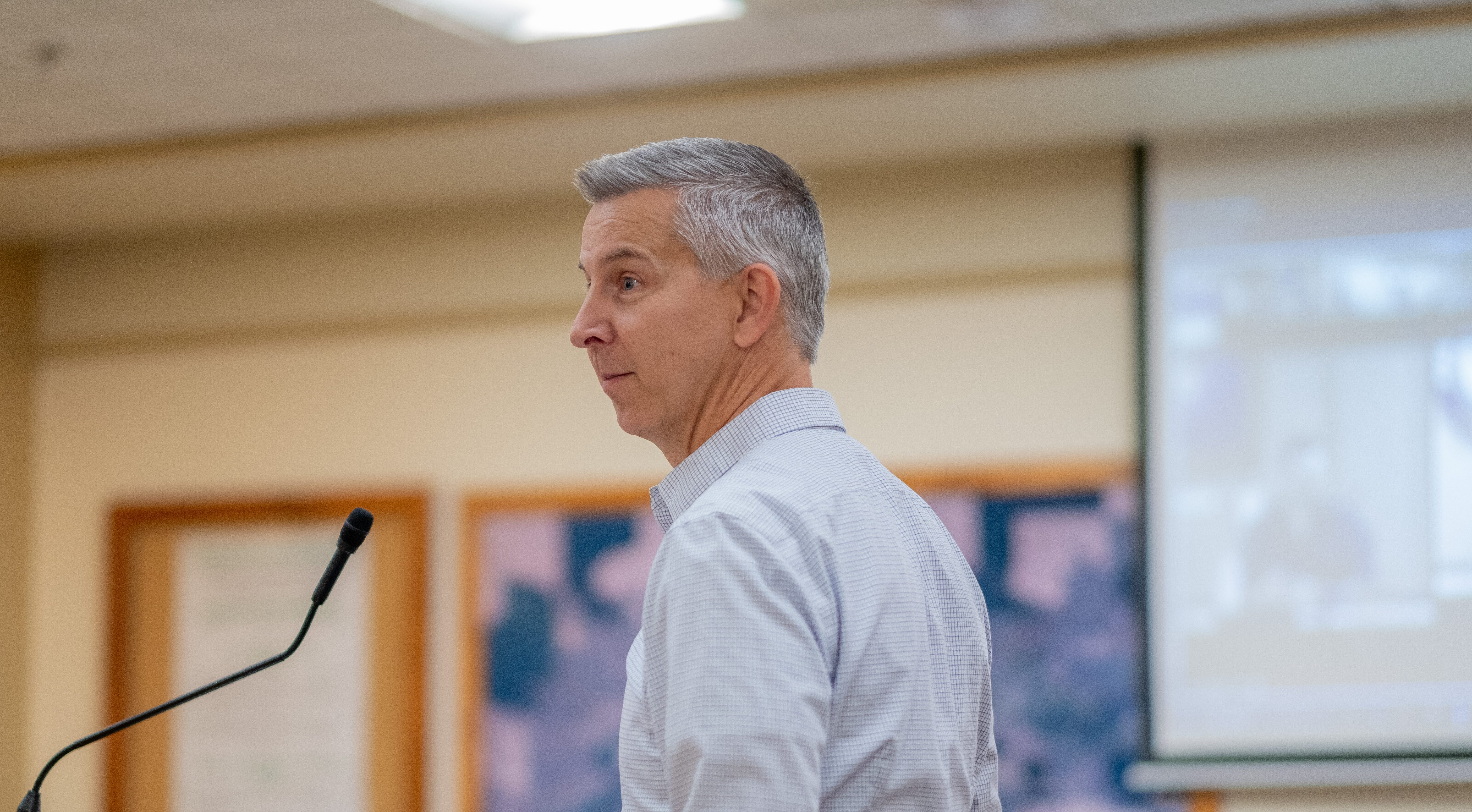From here to anywhere | The other definition of anarchy
Published 6:00 am Saturday, August 15, 2020

- Bette Husted
“It’s getting old,” my neighbor said this morning. He’s 14, so he’ll be starting high school soon. It’s an important rite of passage, but his experience won’t be the same.
His eighth-grade trip to Washington, D.C., had to be postponed, too.
Trending
Living through an event that upends the world — the stock market crash of 1929, the assassination of Archduke Ferdinand? — is something few of us would choose. And now, with our county back to baseline status, our rates of COVID-19 infections the highest in Oregon, we find ourselves under more pressure than ever.
How will we respond?
Some, led by county commissioner candidate Holly Jo Beers, refuse to wear a mask and push to recall a governor they think is destroying our economy. The freedom of the individual is what matters, they say. True, people are dying, but the response of both business owners and residents should be a matter of personal choice.
At the other end of the spectrum is CTUIR Board of Trustees Chair Kat Brigham, who, assisted by state Sen. Bill Hansell, organized a Zoom meeting of county leaders to ask, “How do Umatilla County leaders deliver a common message that reaches an inclusive audience resulting in individual action that leads to a decrease in COVID-19 cases so the social and economic normalcy can be attained again?”
“The common message has been confusing,” Brigham said. “Health has to be the priority for Umatilla County. The economy is also a priority, but in order to have an economy you have to have health. They are tied together.”
The Zoom group’s focus was on working together to deliver a coherent message and culturally appropriate information sharing.
Trending
Individual or community? One reason I have had a lifelong admiration for Native cultures is their answer to this question. I was not surprised to read that CTUIR were the ones who stepped up to remind us that if we don’t put community first, individuals not only are not free, they don’t survive.
And all this got me thinking about anarchy. It’s one of those words, like “cleave,” that has two opposite meanings. The one we use most often describes a state of chaos.
Some accuse a few of the racial injustice protesters in Portland — the ones who broke windows or set trash fires in the street — of being anarchists. When used this way, the word has a kind of “wild in the streets” feel to it. No rules, no consideration of others.
The other kind of anarchy is the one Ursula K. Le Guin describes in her novel “The Dispossessed,” which has been my pandemic reading this week. Two hundred years before the novel begins, the people who had settled Annares, the moon of the planet Urras, left behind the hierarchy of state with its top-down authority, its punishments and wars, to live by a philosophy of anarchy.
“We have nothing but our freedom,” the principal character Shevek tells poor people on Urras — workers still suffering under the class discrimination of capitalism. “We have no law but the principal of mutual aid between individuals.” Freedom comes from freely agreeing to help each other, because only by working together do they survive.
I remembered these two definitions of anarchy as I read both the novel and the news this week. Neither the unmasked people waving flags in front of the courthouse nor the Tribes urging us to work together for the common good are anarchists. But I found myself pondering the parallels.
When I check the Oregon Health Authority’s daily email — 40 new cases in our county as I write — I think about the people in Portsmouth, New Hampshire, who are fortunate enough to find a poem in their town’s Sunday COVID-19 newsletter. Tammi Truax, Portsmouth’s poet laureate, tries to bring her townspeople a weekly moment of joy or reflection.
“Today I find the mask useful / along with sunglasses / to hide my tear-streaked face,” one poem reads — “not wanting to scare the barista / who has enough to deal with / behind his own mask.”
True, we all have enough to deal with. And my young neighbor’s right: It’s getting old. Let’s hold each other up. Let’s be kind.









